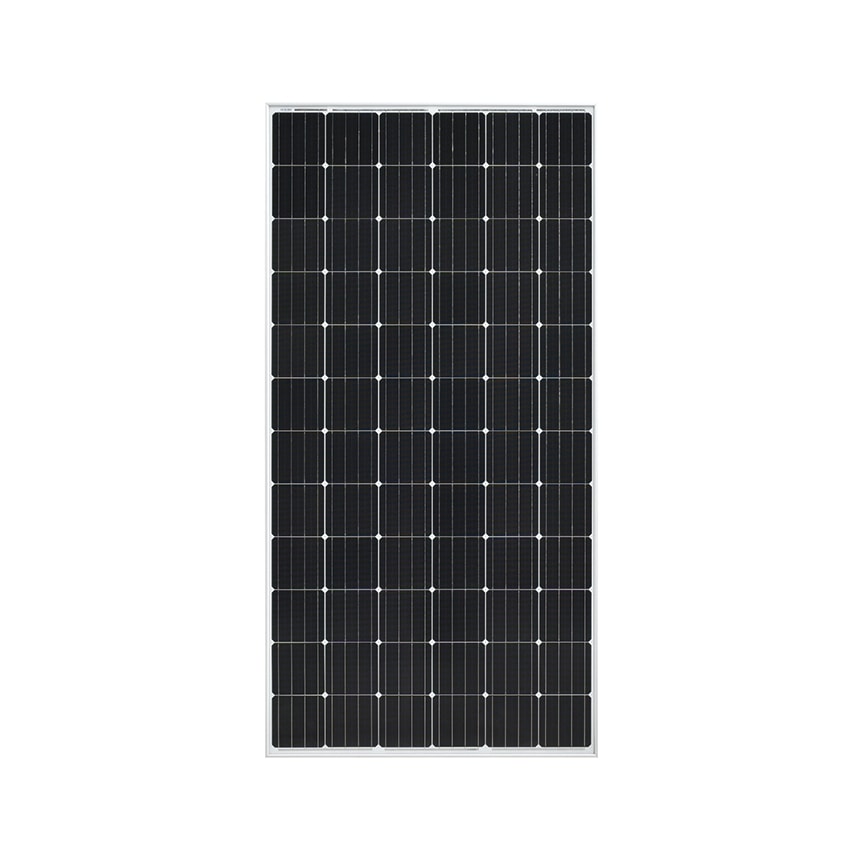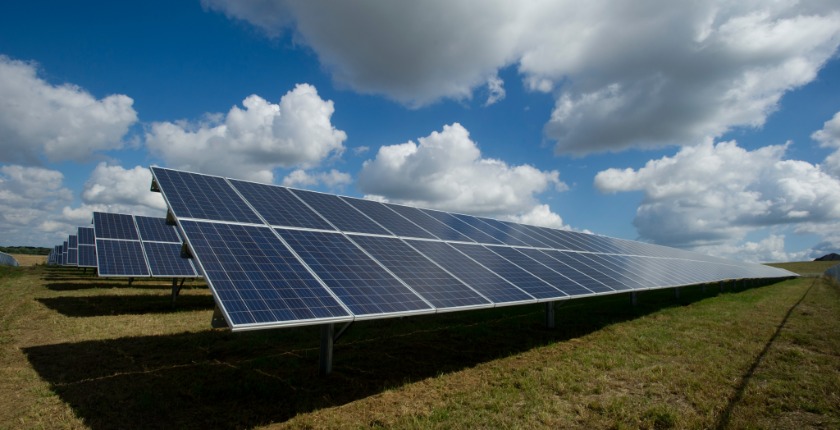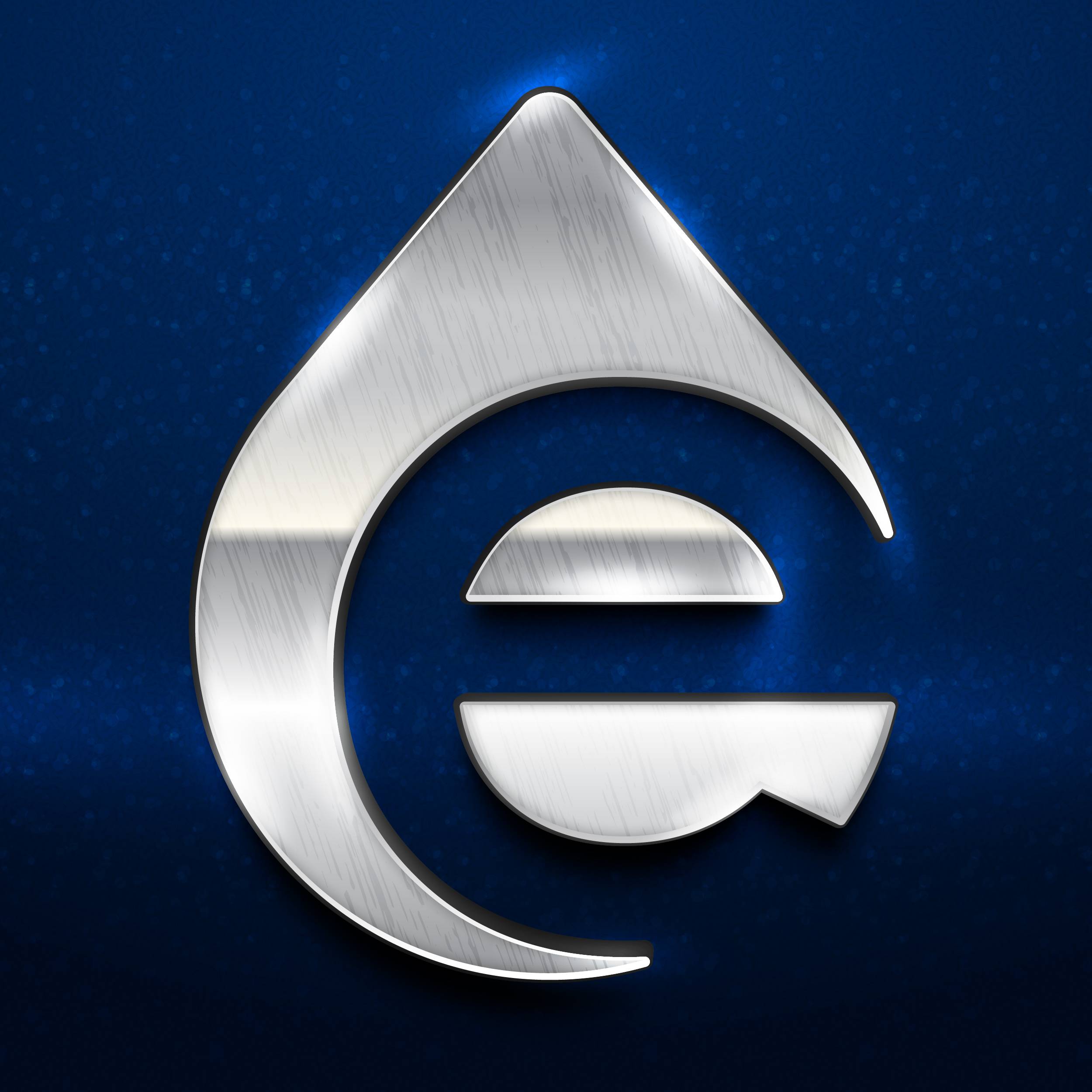
Solar water heaters are a cost-effective and efficient way to harness renewable resources. They use the sun's heat to heat water in your home. Solar heating systems can reduce your energy bills, particularly if you take advantage of any tax incentives offered by your local or state government.
You can choose from a variety of solar water heaters. However, you will need to take into account your budget as well as the amount of hotwater your family consumes on a regular basis. You'll also want to decide whether or not you would like a solar water heater that can store energy for your future needs.
Solar water heaters with a long payback period and low initial cost are the best. They are relatively simple to maintain and will provide you with free hot water for many years.
Duda Sunbank and iSolar are some of the most popular brands. The customer reviews are excellent and the support is also top-notch.

You can choose the right solar water heater, whether you need a small unit for a few family members or a larger system for your entire home. You can choose from sizes ranging from 30 to 80 gallon and with single or dual coil collectors.
The majority of solar water heaters use black panels, which are intended for roofs with a southerly orientation to get the maximum amount of sunlight. The panels are also insulated to protect them from the elements.
Flat panels are the most common solar collectors in solar water heaters. These solar water heaters are constructed from a black glass-like material that has an absorber plate. Flow tubes transfer heat from this absorber to the heated fluid. The fluid then circulates through the flow tubes to heat your home's potable water supply.
These systems are typically paired up with a storage container to store the heated liquid until needed. It is possible to buy systems with a heat-exchanger and storage tank integrated into the same unit. This saves space.
Indirect circulation systems (ICS) are better suited to climates with lower temperatures. The solar collectors are pumped with a non-toxic propylene glycol/water antifreeze mixture. They then transfer the heated fluid into a storage tank, before using it for hot water.

They're often called closed-loop systems because they circulate the fluid between the collectors and heat exchanger in a loop. The fluid is kept warm, preventing it from freezing during cold weather.
This is one of the more efficient types of solar collectors, as it allows water to be heated even when there's no sunshine. A fan also pushes air from the collection vessel through a heat transferr to deliver the hot water into your home's fixtures.
Another indirect system is the drain-back, which combines an air-to-water heat exchanger with a conventional hoop to heat your water even when the sun isn't out. It is useful for households that live in very cold regions where freezing protection is necessary.